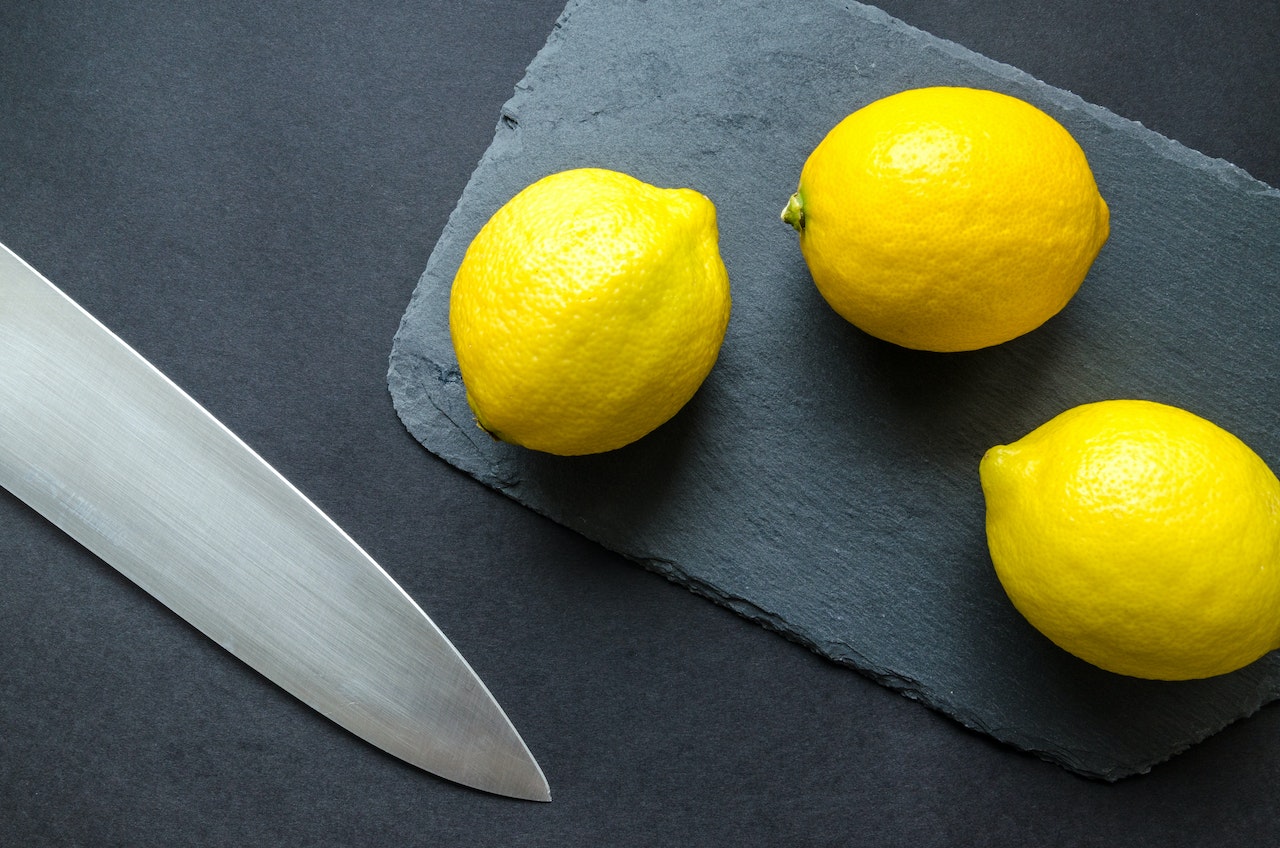Why You Should Consider Buying Lemons From Nigeria
Why You Should Consider Buying Lemons From Nigeria
Nigeria is a huge country with lots of agriculture. In fact, it’s the 10th largest producer of bananas, oranges, and other crops. However, Nigerians have been facing a number of challenges when it comes to producing food. There’s an ongoing drought in some areas, and many farmers are struggling to make ends meet. In response to these conditions, more than 200 farmers from Nigeria recently toured the U.S., selling their lemons directly to consumers. Why would you want to buy lemons from Nigeria? Well, for starters, they’re quite cheap (and pretty tasty). These aren’t just any lemons from Nigeria; they come from the Taraba region and are certified as organically-grown by the Rainforest Alliance. Let’s take a closer look at why buying Nigerian lemons may be a good idea for you this winter…
Why Are Nigerian Lemons So Cheap?
Nigerian lemons are especially cheap when compared to lemons from other tropical countries. Because of this, they’re often produced as a cheaper substitute for lemons from California. Although lemons grown in other countries are often more affordable, they’re usually not nearly as fresh as Nigerian lemons. Since these lemons are transported by road instead of by sea, they stay fresh for longer. The lemons harvested in the northern region of Nigeria have a longer shelf life than those from other tropical areas. Nigerian lemons get less sun than lemons from California, and they’re often harvested by hand. Nigerian lemons are also cheaper because they are produced with less water than lemons from California. And since many don’t have to be sprayed with pesticides, the labour costs for growing the lemons are lower as well.
What to expect when buying lemons from Nigeria
If you decide to buy lemons from Nigeria, you should expect them to be a bit smaller than the ones you’re used to. You may want to consider using a large pot or bowl to grow them indoors. You can expect your lemons to taste tart and be great as a garnish. They are also usually used to make lemonade, lemon bars, and lemon curd. The harvesting season for Nigerian lemons lasts from November to February. It’s best to buy them when they’re in season. If you buy them outside this time period, they may not be as flavourful.
3 Reasons to buy Nigerian lemons
– They’re ethically-produced – The lemons grown in Nigeria are certified as organically-grown by the Rainforest Alliance. This means that they are grown without the use of synthetic fertilizers, pesticides, or GMOs. – They’re fresh – The long road trip that these lemons travel by foot means that they’re less likely to be wilted. – They’re versatile – Nigerian lemons are great for cooking, baking, and garnishing. You can also use them to make lemonade or lemon curd. – They have a long shelf life – These lemons can last for up to five weeks when kept in a cool, dry place. – They taste great – Nigerian lemons are often tart, so they’re a great addition to many culinary dishes. – You can help farmers in Nigeria – Buying lemons from Nigeria helps to support farmers in a country that is currently facing a lot of challenges. – They’re a healthy snack – Lemons are an excellent source of vitamin C. They also contain lots of antioxidants, which can help to reduce inflammation.
2 Reasons to be cautious when buying lemons from Nigeria
– The price of lemons from Nigeria will vary from month to month. – It may be difficult to find Nigerian lemons if you don’t live near an urban centre.
Conclusion
If you’re looking to try something new, consider buying lemons from Nigeria. They’re inexpensive, easy to grow, and make a great snack. These lemons are grown sustainably and ethically, so you can feel good about eating them. Be sure to buy these lemons in the winter months when they tend to be cheaper than lemons grown in California.








LEAVE A COMMENT
You must be logged in to post a comment.